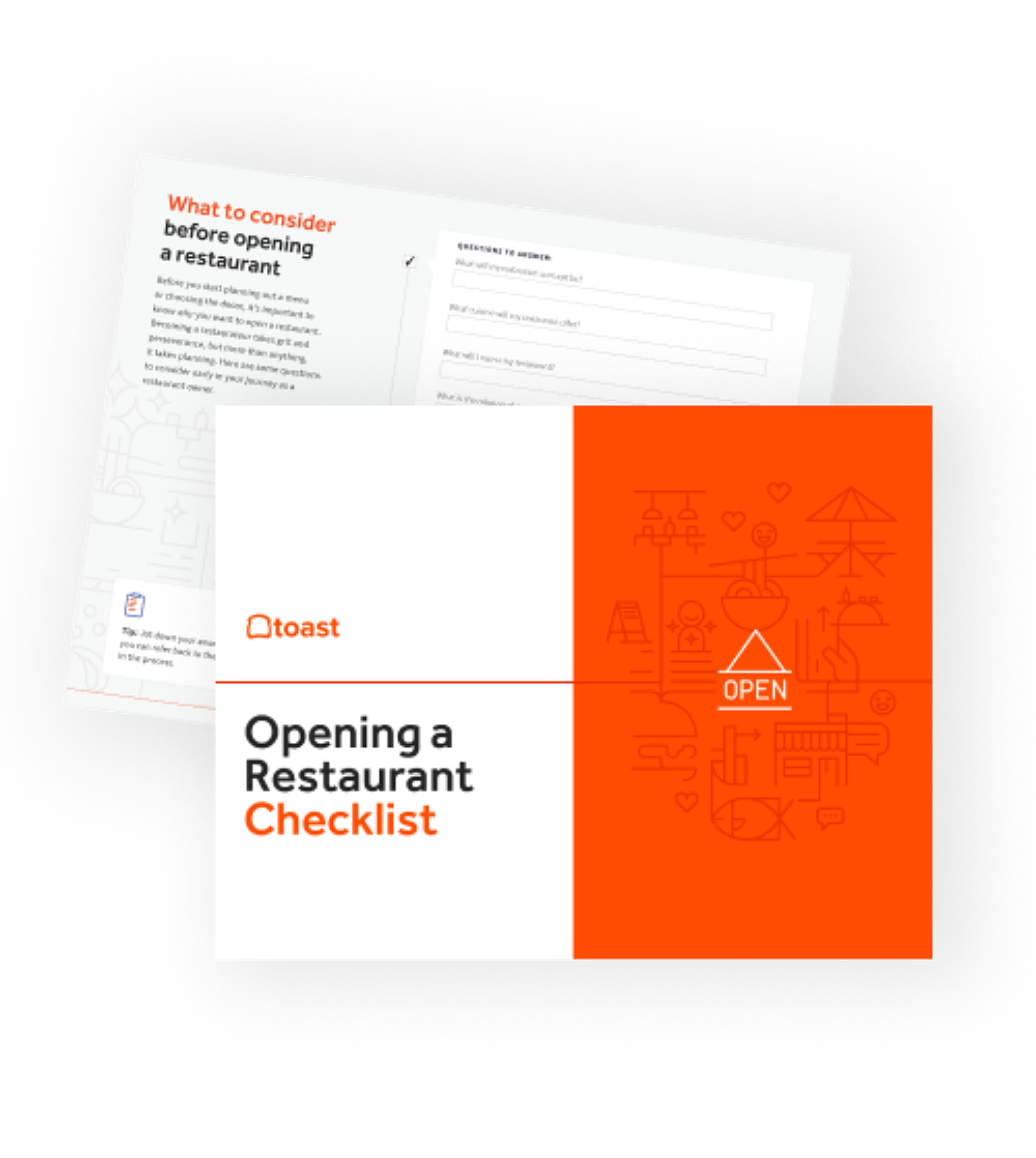1. What is a bakery?
Bakeries are traditionally defined as a place where bread, cakes, pies, cookies, or any-flour based foods are baked and sold.
But bakers express their creativity in unique ways, and there are as many different types of bakeries as there are flavors of cupcakes in the world. There are retail storefronts, wholesalers supplying restaurants and hotels, mega-chains, and bakery food trucks.
Practically every square mile of every town or city has a bakeshop of its own, and many have become famous by specializing in one thing. There are donut stands, wedding cake shops, bread bakeries, cookie creators, and pie purveyors. That said, the classic bakery — with a little bit of everything — is as popular as ever, with an array of goods emerging fresh from the oven.
2. What is the history of bakeries?
Many ancient cultures likely would claim bakeries as their invention, but in Ancient Rome, a bakery culture developed as in no other place. During the Roman Empire, bread bakeries became hugely popular, with baked goods popping up at special occasions and celebrations, and the first baker’s guild was established in 168 B.C.
The technique involved grinding grain over a millstone with the help of a mule. Desserts included sweet buns, fruit tarts, cheesecakes, and honey cakes, which can all be found — with new twists — on bakery menus today.
Though the technology has vastly improved since mule-powered mills, the modern-day bakery remains connected to its ancient past.
3. What is typically on a bakery menu?
Bakery menus offer a wide selection of baked goods, but they can generally be narrowed down into the categories of cookies, cakes, breads, cupcakes, pastries, and donuts.
Within these categories, there is a seemingly endless variety of seasonal ingredients and flavors, only limited by the baker’s imagination. Customers often add a drink or two to their orders, and there’s usually a small beverage selection that complements the food. Simple drinks like flavored waters, lemonade, tea, coffee, lattes, and other caffeinated beverages are commonly offered.
4. How do you start a bakery?
With gooey cookies, crumbly croissants, and all the delectable smells, starting a bakery may sound like a dream job to many. With the proper research and planning, you can fire up the oven and make that dream happen.
An essential first step is deep diving into your target market. While the industry is expected to grow by an average rate of 4.6% a year until 2026, more than half of all baked goods in the U.S. are produced by three large companies.
Because the landscape is so competitive, every bakery needs a strong concept that speaks to its target customer. Small independent bakeries can leverage their flexibility and respond to the latest trends like new flavors, healthier options, and the latest ordering technology.
5. How much does it cost to start a bakery?
Start-up costs for a bakery average between $10,000 and $50,000. The barrier to entry is low compared to a restaurant, thanks to the reduced need for employees, smaller space requirements, and less food inventory.
Certain features will add to your cost and should be seriously considered before opening a bakery. For instance, providing a dine-in option will require more furniture and a larger space. Areas with high-foot traffic will likely charge more in rent. Expanded hours translate to more transactions but require extra employees to cover shifts.
6. Most popular types of bakeries
Even though consumers are increasingly health-conscious, most still seek out little indulgences that bring joy into their daily routines. Handcrafted baked goods made fresh daily are the hallmark of the most popular bakeries.
High-quality ingredients, authentic recipes that tap into nostalgic memories, and innovative flavors draw people in. At the same time, the demand for smaller-sized treats and healthy options such as gluten-free or vegan is still very strong.
Conclusion
What makes a bakery so enticing? The space is cozy and filled with delicious aromas. Freshly baked bread and sweet treats inspire a feeling of comfort and warmth. It’s no wonder bakeries are one of the oldest known eating establishments and have such lasting appeal.
Is this article helpful?
DISCLAIMER: This information is provided for general informational purposes only, and publication does not constitute an endorsement. Toast does not warrant the accuracy or completeness of any information, text, graphics, links, or other items contained within this content. Toast does not guarantee you will achieve any specific results if you follow any advice herein. It may be advisable for you to consult with a professional such as a lawyer, accountant, or business advisor for advice specific to your situation.
